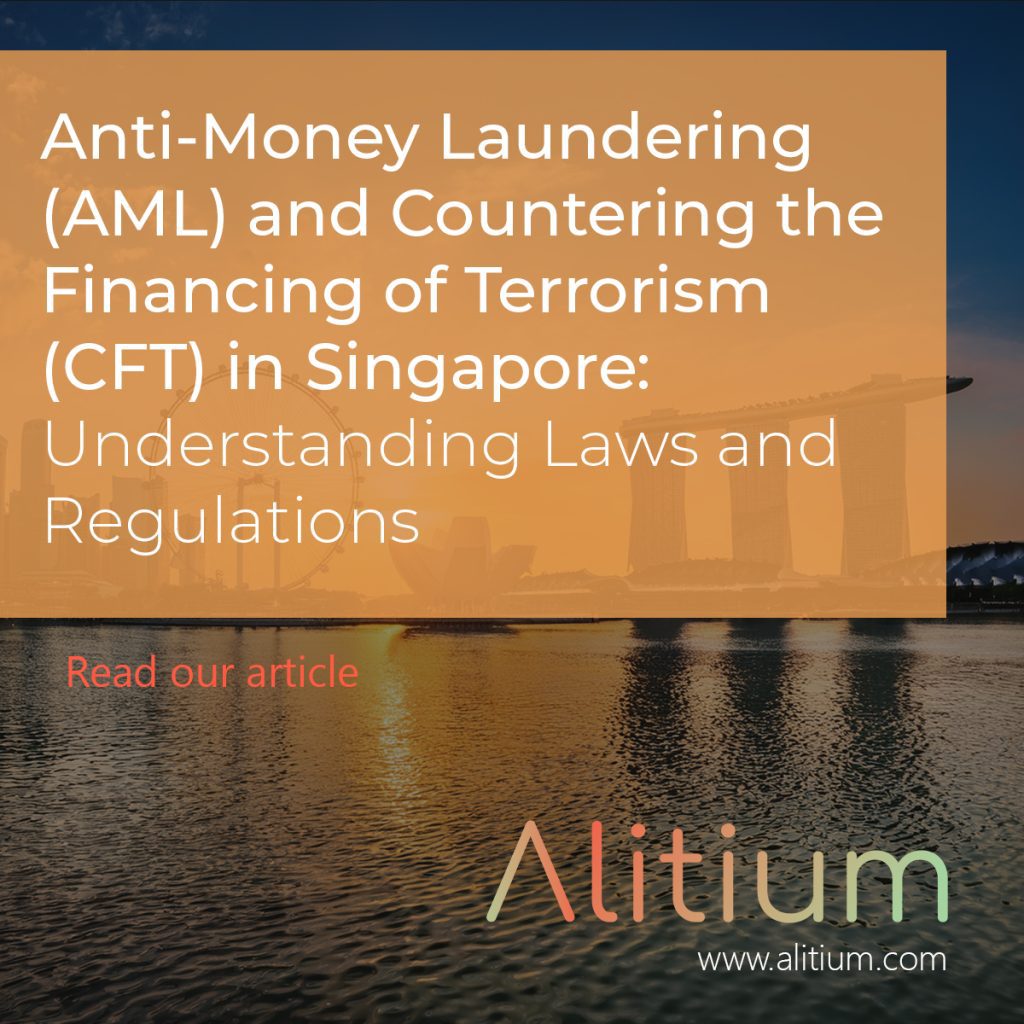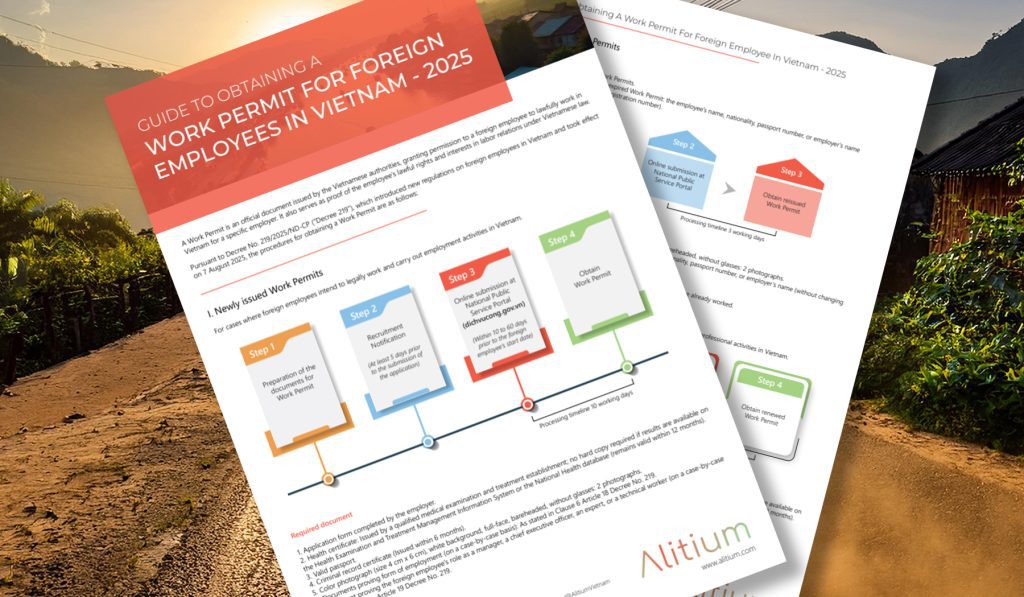Vietnam Representative Offices – Risks and Compliance Realities
Establishing a Representative Office (RO) in Vietnam for foreign enterprises seeking to open an office in Vietnam is one the entry options available to foreign businesses. This article aims to provide a practical guide for foreign investors unfamiliar with Vietnamese regulations, covering the purpose of ROs, their limitations, and the potential risks and penalties associated with non-compliance.
Purpose of Representative Offices
Representative Offices are established by foreign companies to explore and facilitate business activities in Vietnam without directly engaging in commercial or income producing operations. The primary purposes of ROs include:
- Market Research: Conducting market research to understand the local business environment, consumer behavior, and market potential.
- Liaison Activities: Acting as a communication bridge between the head office and Vietnamese partners, clients, and government authorities.
- Promotion: Promoting the parent company’s business and products to increase brand awareness and establish a market presence.
For the avoidence of doubt, the specific permitted activities of a Representative Office are detailed in the Certificate of Registration issued for the Representative Office by the provincial office of the Department of Industry and Trade (DOIT).

Regulatory Framework
The establishment and operation of ROs in Vietnam are primarily governed by the Law on Enterprises (2020) and Decree No. 07/2016/ND-CP. These regulations set out the specific activities that ROs are permitted to undertake, emphasizing that ROs cannot engage in direct profit-generating activities.
Key Regulations
- Non-Commercial Activities: ROs are prohibited from conducting any direct business activities that generate revenue. This includes selling products, signing contracts on behalf of the parent company, and offering services for a fee.
- Registration Requirements: Foreign companies must first register their office with the Department of Industry and Trade. Registration is typically valid for five years and can be further renewed. In order to apply for initial registration, the foreign parent entity (of which the Representative Office is a dependent unit) must have been in existance for at least 1 year.
- Annual Reporting: ROs are required to submit annual reports by 31 January each year detailing their activities to the DOIT. Failure to comply with reporting requirements can result in penalties or revocation of the RO license.
Common Misconceptions and Risks
Despite the stated regulatory framework, it is common for foreign companies to mistakenly believe that ROs can be used to support income-generating activities indirectly, as historically this was somewhat common in market. However, this misconception can lead to significant legal and financial risks in practice, with the authorities aware and in recent times they actively seeking to take action against parties in breach of regulations.
Misuse of ROs
- Conducting Business Transactions: ROs may mistakenly engage in activities such as negotiating and signing contracts, invoicing customers, and receiving payments. These actions are prohibited and can result in significant penalties.
- Employing Sales Staff: Hiring staff to conduct sales activities or represent the parent company in business negotiations is not permitted for ROs. Such activities are considered direct commercial operations. As a result, it is important that staff titles (both on labour contracts or itnernal documentation) should not indicate that they may be employed to undertake non-permitted activities, even when their actual activities are compliant. It should also be noted that the number of staff employed by a RO is often a key element that authorities use to monitor or assess whether RO’s are undertaking innapropriate activities, as their view is that most RO’s do not need a significant number of staff to undertake their permitted activities.
- Product Display and Demonstration: While ROs can promote products, they must avoid any actions that could be construed as selling or marketing products directly to consumers. It is generally envisaged that if a foreign entity is selling in market then they will be undertaking through a local corporate entity (ie, a sales agent), and not through the actions of the Representative Office.
Penalties for Non-Compliance
Non-compliance with the regulations governing ROs can lead to various penalties, including:
- Fines: Financial penalties can be imposed for violations such as engaging in prohibited commercial activities, failing to submit annual reports, or operating without a valid license.
- License Revocation: Persistent non-compliance or serious violations can result in the revocation of the RO license, effectively shutting down the office.
- Reputational Damage: Non-compliance can damage the parent company’s reputation and strain relationships with local authorities and business partners.
- Determination of a Permanent Establishment in Vietnam. The Permanent Establishment would be treated as a profit making entperise, and will be subject to Vietnamese taxation of its share of global income (if specific local income cannot be determined.
Practical Steps to Ensure Compliance
To avoid the pitfalls associated with ROs, foreign investors should take proactive steps to ensure compliance with Vietnamese regulations.
Understand and Adhere to Legal Limitations
- Familiarize with Regulations: Thoroughly understand the legal framework governing ROs in Vietnam. This includes specific focus on explictly permitted activities within the RO’s Certificate of Registration, so that commercial considerations of the parent entity can be planned and managed. Engage legal advisors to clarify any uncertainties regarding permissible activities.
- Clear Guidelines for Staff: Provide clear guidelines and training for RO staff to ensure they understand the limitations of their roles and avoid inadvertantly engaging in prohibited activities.
- Regular Audits: Conduct regular internal audits to review RO activities and ensure compliance with local regulations.
Effective Management and Oversight
- Experienced Leadership: Appoint experienced managers to oversee the RO’s operations and ensure adherence to legal and regulatory requirements.
- Documentation and Record-Keeping: Maintain detailed records of all RO activities, including correspondence, promotional materials, and reports submitted to authorities.
- Engage Local Advisors: Work with experienced local advisors who can provide insights into the regulatory environment and help navigate compliance issues.
Alternatives to ROs for Commercial Activities
For foreign companies looking to engage in direct commercial activities in Vietnam, there are alternative structures that may be more suitable than an RO.
- Wholly Foreign-Owned Enterprise (WFOE): A WFOE allows foreign investors to establish a company in Vietnam that can engage in commercial activities, including selling products and services. This structure provides greater flexibility and control over business operations.
- Joint Venture (JV): Forming a joint venture with a local partner can provide access to local market knowledge and resources, facilitating commercial activities while ensuring compliance with local regulations.
- Branch Office: Unlike ROs, branch offices can engage in commercial activities. However, they are subject to stricter regulatory requirements and must comply with additional tax obligations.
Conclusion
Establishing a Representative Office in Vietnam can be an effective way for foreign companies to explore market opportunities, build relationships, and promote products. However, it is crucial to understand the legal limitations and ensure compliance with local regulations to avoid risks and penalties.
By thoroughly understanding the intended purpose of ROs, adhering to regulatory requirements, and considering alternative structures for commercial activities, foreign investors can effectively navigate the complexities of the Vietnamese market. Engaging experienced advisors, providing clear guidelines for RO staff, and conducting regular compliance audits are essential steps to ensure a successful and compliant presence in Vietnam.








